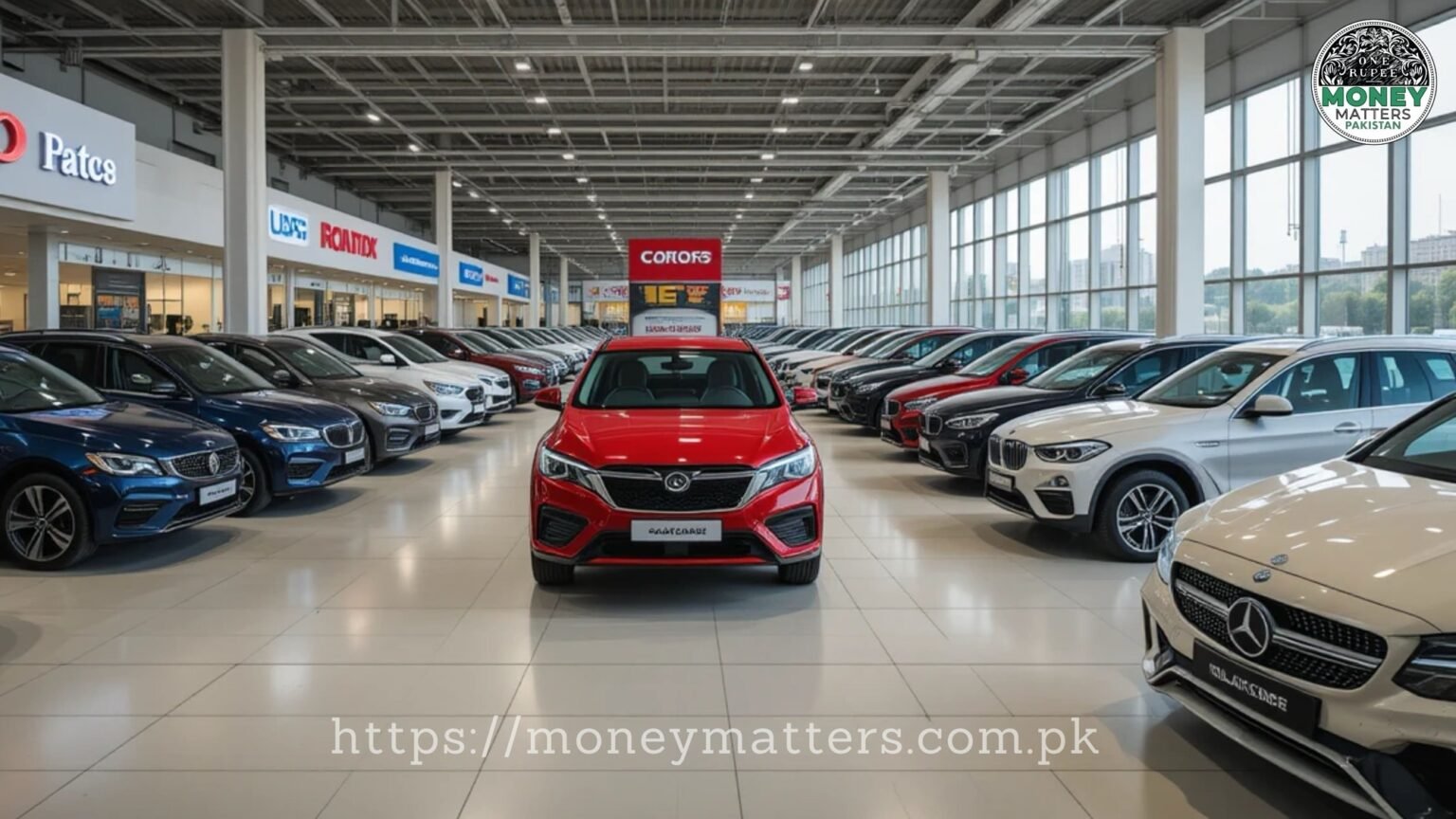Pakistan Suzuki calls for restrictions on used vehicle imports to stimulate domestic car production and economic growth.
Key Takeaways:
i) Pakistan Suzuki Motors Ltd (PSML) is advocating for the government to limit the import of used cars.
ii) PSML believes this measure would significantly increase the output of Pakistan’s local automotive industry.
iii) PSML projects a 20% growth in the domestic automobile market this year.
Karachi, Pakistan – Pakistan Suzuki Motors Ltd (PSML) is urging the government to impose stricter regulations on the import of used vehicles, arguing that such a move would provide a substantial boost to the country’s local automotive industry. According to PSML, used car imports currently account for approximately 25% of the Pakistani market, and limiting these imports could lead to a significant increase in the production and sales of locally manufactured vehicles.
PSML’s CEO, Hiroshi Kawamura, in a recent statement, emphasized the potential benefits of prioritizing exports over mandatory targets for the Large-Scale Manufacturing (LSM) sector. Kawamura also called for specific government policy support, including the elimination of duty concessions on 1300cc vehicles and a reduction in the age limit for imported vans. Current regulations generally allow the import of cars no older than three years.
Kawamura also called for specific government policy support, including the elimination of duty concessions on 1300cc vehicles and a reduction in the age limit for imported vans. Current regulations generally allow the import of cars no older than three years.
Kawamura expressed optimism about the future of the Pakistani automobile market, projecting a 20% growth rate for the current year. He also reiterated Suzuki’s long-term commitment to Pakistan, noting that Pakistan was the first country outside Japan where Suzuki began automobile production, starting in 1975.
The Pakistan automotive industry has shown strong signs of recovery and growth. Recent reports indicate car sales increased by 46% year-over-year in the first nine months of FY25. This growth is attributed to factors such as economic stabilization and increased consumer confidence.
While the import of used cars is permitted under specific schemes primarily targeted at overseas Pakistanis, the government is being urged to consider the impact of these imports on the local industry. These schemes include personal baggage, gift, and transfer of residence. Cars imported under these schemes must generally be no more than three years old.
It is important to note that Pakistan’s automobile manufacturing sector primarily operates as an assembly industry, heavily reliant on the import of key components. Consequently, the locally produced vehicles often face challenges in terms of price competitiveness. This reliance on imported parts and the resulting cost structure are factors that periodically lead local manufacturers to advocate for government policies that could limit external competition, such as restricting the import of used vehicles.




